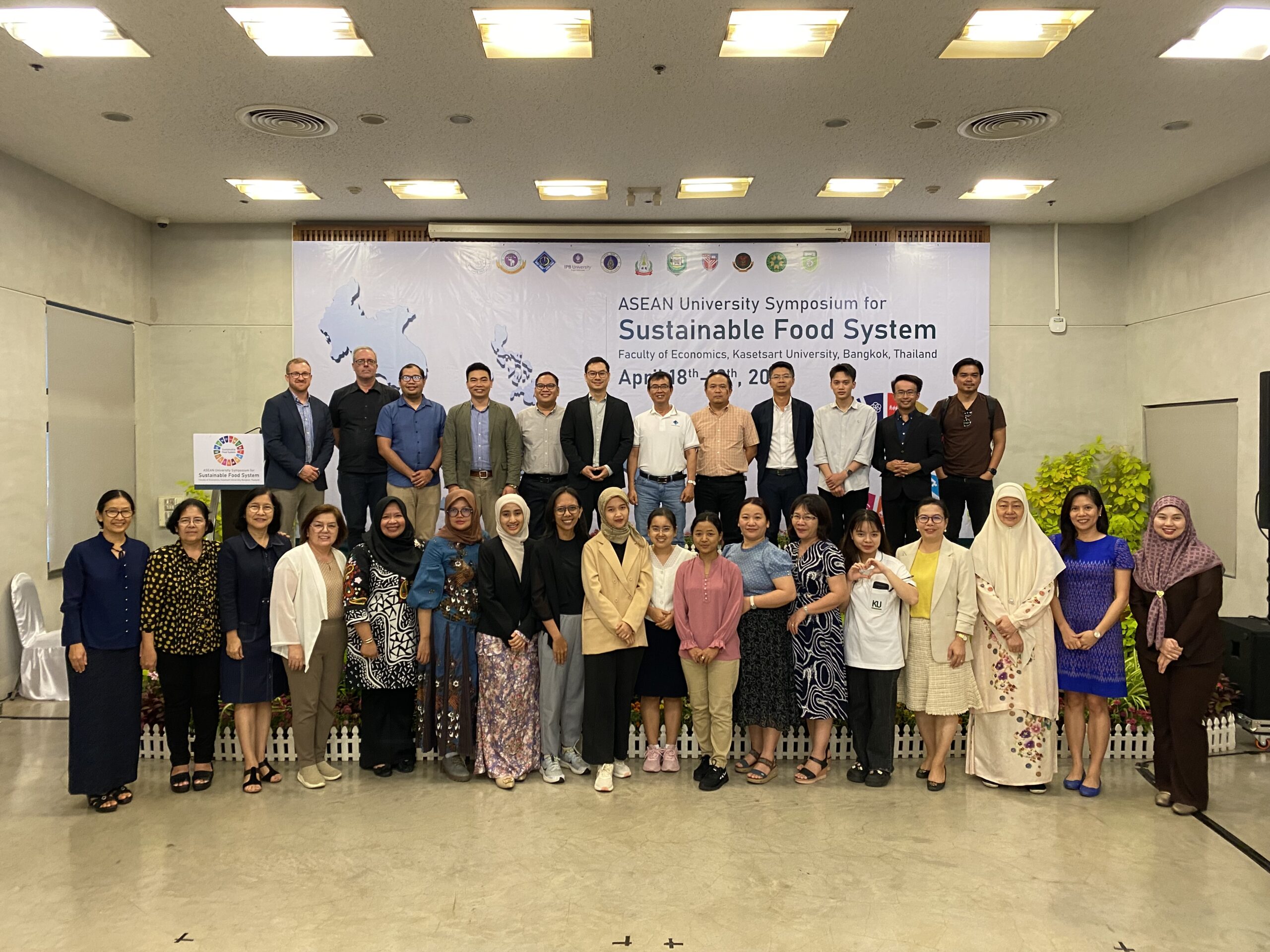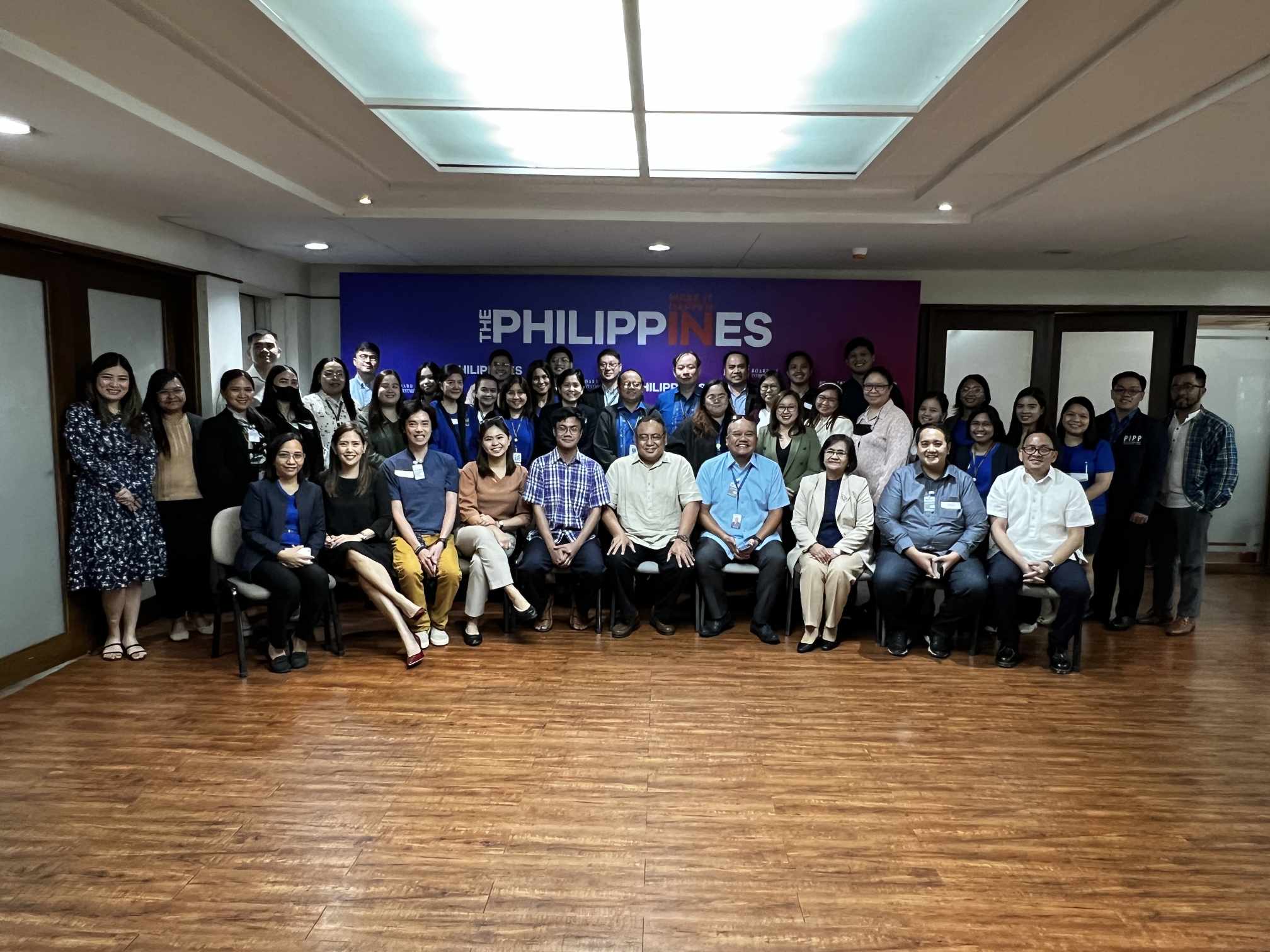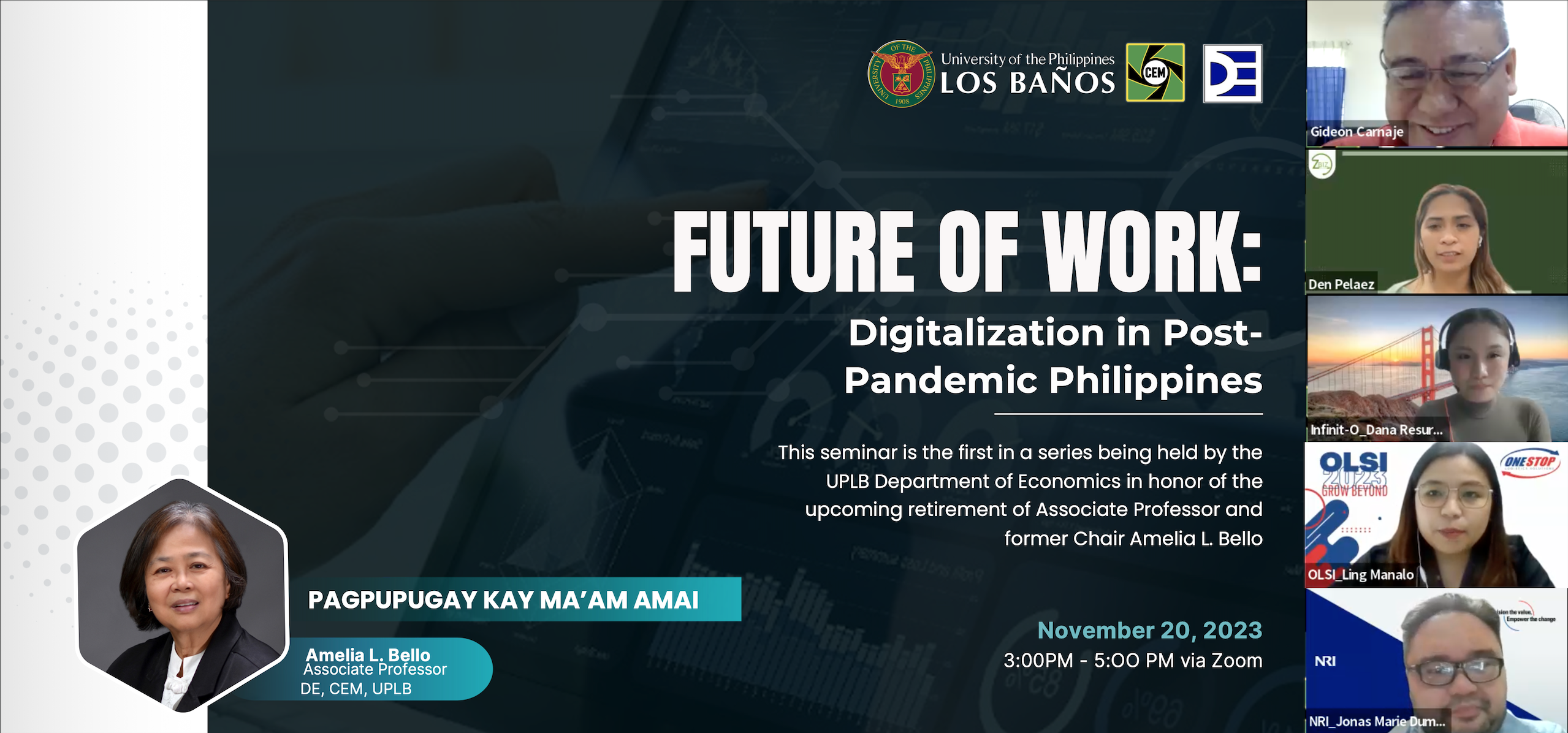
December 2, 2022— Raising the flag for climate awareness and sustainability, students and professionals alike were convened in the recently concluded student-led online symposium entitled “The Year 3000: Sustainability Through Technology.”
Under the supervision of FIC Senior Lecturer Atty. Chad Patrick Osorio, students from the class ECON 170 E (Environmental Economics) held a symposium through Zoom focused on achieving sustainability through new technologies, with the opening remarks delivered by Assoc. Professor Gideon Carnaje, Chair of the UPLB Department of Economics.
The event featured Mr. Kilian Woods, sustainability and technology educator and Co-Founder of 1407 Graymalkin Group, delivering his analysis on the outcomes of COP27, renewable energy, and what this all means for the developing world. He draws his insights from his years of experience in the field of high tech and its impact on the environment, as well as his recent attendance to COP27.
This year, the United Nations Climate Change Conference (COP27), was held in Sharm El-Sheikh, Egypt, where Woods provided his expertise and assistance in person during the extended global negotiations process.
The lecture was then followed by a question and answer session where participants had the opportunity to engage with the speaker. Through this portion, the role of economics in sustainable development was clarified, highlighting the impacts of appointing leaders who genuinely cared about stakeholders. Improvement of technology towards sustainability will not be easy, Woods stressed, but the littlest steps contribute to bigger change.
With an audience of 125 people consisting of environmental economics majors, professors from different universities, and even highly-interested senior high school students, the event had a high rate of engagement, and received a very high satisfaction rating. Spearheaded by class representative Kiana Dominique Cezar, the event was hosted by Raissa Lipio and Laine Bernadette.
The project was lauded for its timely and weighted impact on the audience’s understanding of economic progress and its relation to the preservation of our environment.
Moreover, numerous members of the audience look forward to more initiatives like this, showing their appreciation for how the platform the class had created was instrumental in providing even the average person access to intricate insights on nuanced topics like environmental economics and a general sense of awareness for issues that may not easily be within their reach.
The McFly-inspired motif certainly reflects the global race against time, turning the discussion on the central dichotomy of technological progress versus environmental degradation, to how they could be taken together instead. As the webinar highlights, there is hope yet: to achieve a green 3000s, possibly through sustainable technology and sustainability through technology.
To learn more about this project, follow the link to its page:
Written by:
Carl Kristoffer Hugo, BS Economics
Chad Patrick Osorio, Faculty-in-Charge
With inputs from:
Econ 170 E Final Event Report



